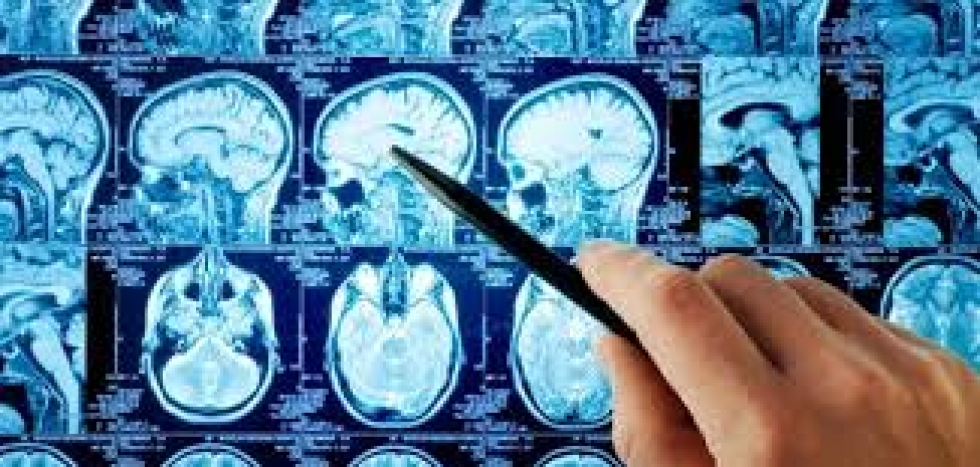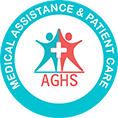
EPILEPSY
This is a condition that causes people to have repeated seizure. Seizure is caused by abnormal electrical activity in the brain. Epilepsy can start at any age. There are different types of seizures, each causing a different set of symptoms.
You will need some tests to diagnosis: EEG (test to detect abnormal brain waves suggestive of seizures) and CT scan or MRI.
Epilepsy often is treated with medications. Medications don’t cure epilepsy, but help prevent the seizures. The right medication depends upon the type of your seizure and some other factors. If the medications don’t help control seizures, your doctor might discuss some other alternatives such as “brain surgery” or “vagus nerve stimulator”.
Epilepsy is a physical condition that occurs when there is a sudden, brief change in how the brain works. When brain cells are not working properly, a person’s consciousness, movement, or actions may be altered for a short time. These physical changes are called epileptic seizures. Epilepsy is therefore sometimes called a seizure disorder. Epilepsy affects people in all nations and of all races.
CEREBRAL PLASY
Cerebral palsy is a disorder that causes problems with movement and balance. Some babies are born with CP, while others get the disorder later on. Babies with CP are often slow to get to their developmental milestones. Their symptoms lasts lifelong but don’t get worse with time. Children with CP can have other problems including: trouble eating or drinking, problem with cognition, problems with hearing, speaking and vision, stiff joints in addition to problems with weak limbs or stiff limbs.
Your doctor will be able to tell the diagnosis mostly based on the medical history and by examining the child. Your child may be referred to specialist and rehabilitation center. The management is mostly supportive and includes physical therapy, sometimes medication to relax stiff muscles and for seizures, improving nutrition and providing equipment’s such as braces, walkers and special wheel chairs.
HEAD TRUAMA
Children often bump their head without problem. But children who hit their head really hard or get injured during accidents (falls, car accident, bicycle accidents, sport injury) can have serious problems.
You should see your doctor if : the fall is from a height taller than 3-5 feet, infant younger than 6 month, has symptoms such as headache, vomiting , vision issues, dizziness, weak or numb or inconsolable.
Your doctor will order tests based on child’s age, symptoms and individual situation. Most children with head injury don’t need imaging studies. If serious injury is suspected, a CT scan will be obtained. Main concern is to diagnose internal bleeding which may need immediate or more elective surgical treatment.
